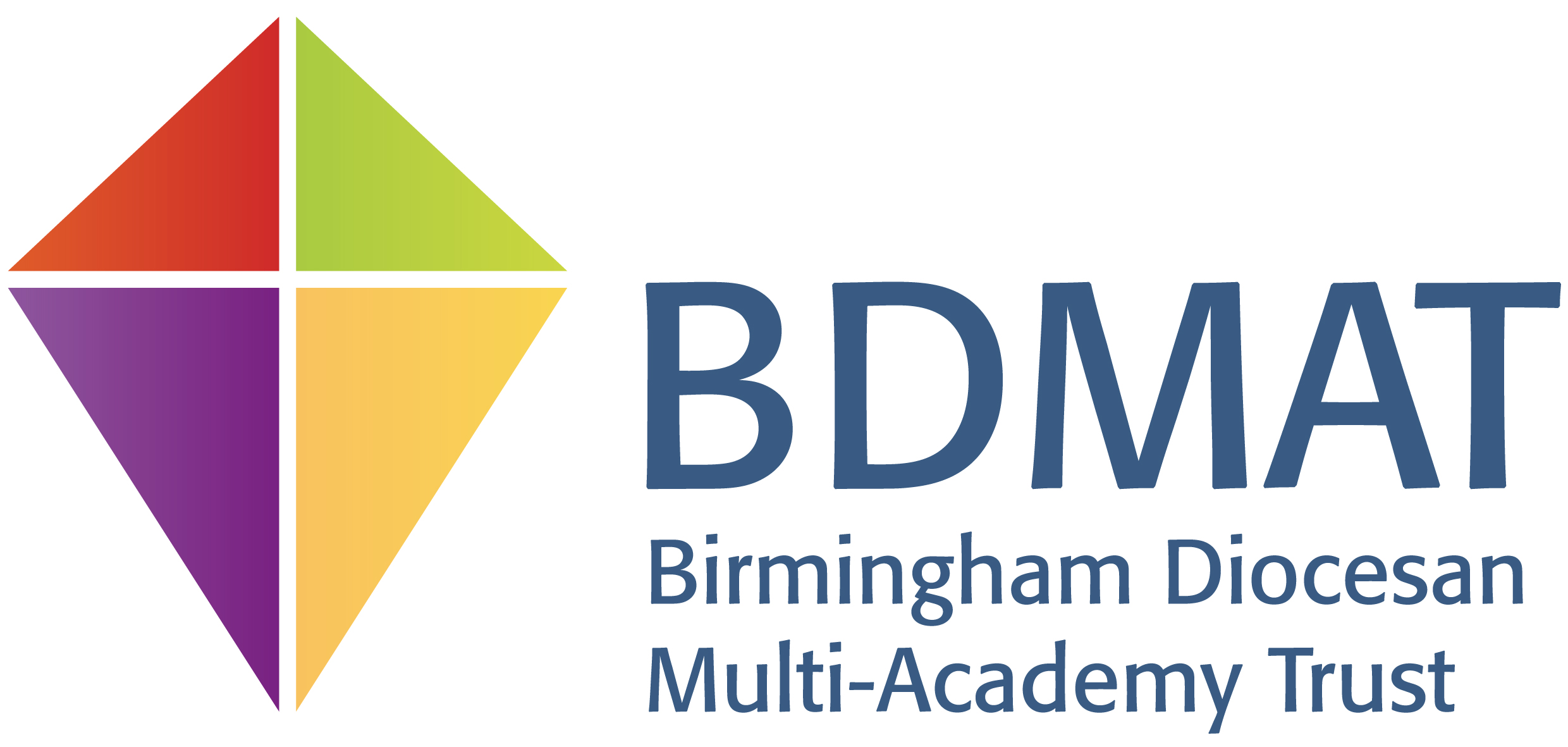History
History Intent
At Holy Trinity, we aim to stimulate our children’s interest and understanding about the events and lives of people who lived in the past. Our history curriculum is taught through the Ark Curriculum Plus scheme. This knowledge-rich history curriculum enables our children to know about significant events in British history and those in the wider world, whilst appreciating how things have changed over time. Our history curriculum is carefully mapped out so that all pupils leave the school equipped with an understanding of the past that paves the way for their future. Throughout their journey in history, pupils will acquire an extensive knowledge of places and people and significant events through time. We support pupils to develop their ability to ask perceptive questions, think critically, analyse evidence, examine arguments, develop judgement, and understand differing perspectives. There are four core pillars that underpin our history curriculum: historical enquiry, historical knowledge, historical concepts, and communicating historical findings. Identifying and combining these core pillars work towards our overall goal of history education – gaining clear historical perspective. With clear historical perspective, our pupils will be empowered to be active global citizens who understand the connections between local, regional, national and international history; between cultural, economic, military, political, religious and social history; and between short and long-term timescales.
Aims
The national curriculum for History aims to ensure that all pupils:
- know and understand the history of these islands as a coherent, chronological narrative, from the earliest times to the present day: how people’s lives have shaped this nation and how Britain has influenced and been influenced by the wider world
- know and understand significant aspects of the history of the wider world: the nature of ancient civilisations; the expansion and dissolution of empires; characteristic features of past non-European societies; achievements and follies of mankind
- gain and deploy a historically grounded understanding of abstract terms such as ‘empire’, ‘civilisation’, ‘parliament’ and ‘peasantry’
- understand historical concepts such as continuity and change, cause and consequence, similarity, difference and significance, and use them to make connections, draw contrasts, analyse trends, frame historically-valid questions and create their own structured accounts, including written narratives and analyses
- understand the methods of historical enquiry, including how evidence is used rigorously to make historical claims, and discern how and why contrasting arguments and interpretations of the past have been constructed
- gain historical perspective by placing their growing knowledge into different contexts, understanding the connections between local, regional, national and international history; between cultural, economic, military, political, religious and social history; and between short- and long-term timescales.
Teaching and Learning
The History Curriculum is delivered through Ark Curriculum Plus. Ark has been carefully structed to ensure skills progression and provides support to enable teachers to deliver lessons effectively. Ark Curriculum Plus is delivered from Year 1 to Year 6. Each year group has five units. For every half term, the unit will either be a History or Geography focus.
In Key Stage 1, pupils develop their understanding of the past – beginning with familiar objects and places within living memory before moving beyond living memory. Pupils study toys, transport and the seaside in Year 1. They then further develop their understanding of the past by studying the lives of significant individuals both nationally and internationally as well as studying a significant event beyond living memory. Pupils study Kings and Queens, The Great Fire of London and significant individuals who have made a difference in Year 2.
In Key Stage 2, the curriculum divides into two main strands. A study of Britain's past and a series of studies focussing on civilizations and people around the world. When studying British History, units are taught chronologically from the Stone Age in Year 3, to the Roman invasions and an in depth study into Roman Britain in Year 4, to the Anglo-Saxons, Scots and Vikings and ending with the Battle of Hastings in Year 5.
After this chronological study of British History, pupils move to studying three isolated units, each chosen because of their significance: The Industrial Revolution, WW1 and WW2. Pupils then end Year 6 with a chronological study of how groups of people have stood up for their own rights and the rights of others in order to influence change – Making our Mark.
Units about world civilizations have been linked to the geographical studies of continents focussed on in each year group. These civilizations often overlap with one another and comparisons will be made between the civilizations but also with the different periods of British History occurring at the time. The pupils gain an overview of the locations of the earliest civilizations before studying Ancient Greece, the Maya, Baghdad in its Golden Age and the Ancient Egyptians. When studying the Ancient Egyptians pupils investigate how a later archaeological discovery can change our interpretation of the past and question whether artefacts should ever be taken from their country of origin.



